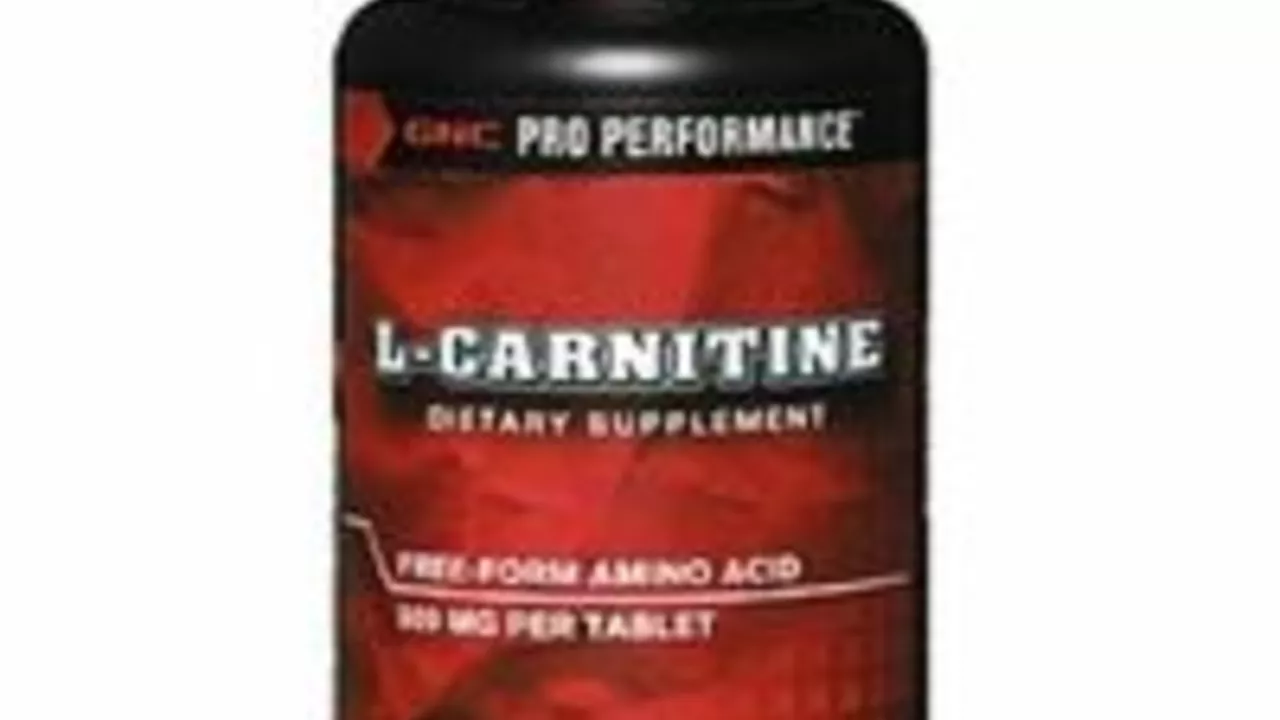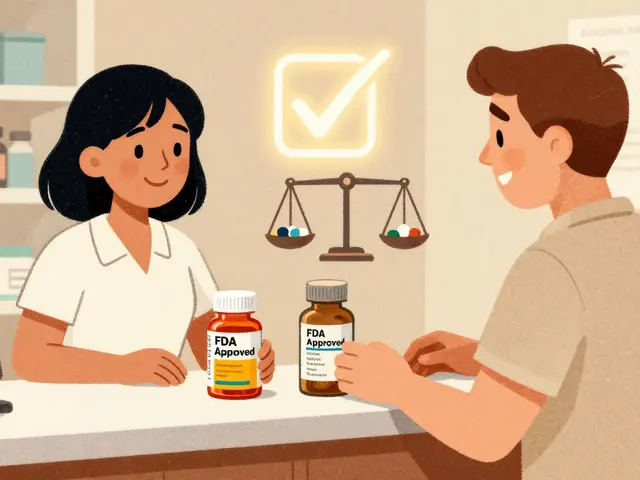Eicosapentaenoic Acid (EPA): what it is and why it matters
If you want to reduce inflammation and lower triglycerides, EPA is the omega-3 you should know about. Eicosapentaenoic acid (EPA) is one of the main long-chain omega-3 fatty acids found in oily fish and some supplements. It works differently than DHA and is often chosen specifically for heart and inflammation benefits.
Real benefits and where they come from
EPA helps lower blood triglycerides, calms inflammatory signals in the body, and can support heart health. Prescription EPA (icosapent ethyl) at 4 g per day has been shown to reduce certain cardiovascular events in high-risk patients. For everyday health, EPA combined with DHA from fish oil supports brain and joint health, though EPA is usually the lead when targeting inflammation.
Good food sources are salmon, mackerel, sardines, anchovies and herring. If you don’t eat oily fish twice a week, a supplement is an easy option. Algal oils can provide EPA for people who avoid fish.
Practical dosing and how to choose a supplement
Look at the label for the EPA amount, not just total fish oil. For general heart and brain support, many experts suggest 250–500 mg combined EPA+DHA daily. For lowering high triglycerides or targeted inflammation, clinical doses are higher — usually 2–4 g of EPA per day. Prescription products deliver that higher, purified dose; over-the-counter supplements vary a lot.
When picking a supplement, check these points: third-party testing (USP, IFOS, or similar), the amount of EPA per serving, whether it’s in triglyceride or ethyl ester form (triglyceride or re-esterified triglyceride is often better absorbed), and freshness (look for low peroxide values or an expiration date). Enteric-coated capsules can cut down on fishy burps. Store bottles in a cool, dark place or refrigerate after opening.
Timing matters: take your fish oil with a meal that contains fat to improve absorption. If you get fishy aftertaste, try taking it with food or switching brands.
Watch for interactions and side effects. The most common effects are mild: stomach upset, diarrhea, or fishy burps. At high doses, EPA can increase bleeding risk—so tell your doctor if you use blood thinners, have a bleeding disorder, or plan surgery. If you’re pregnant, nursing, or on multiple medications, check with your healthcare provider before starting high-dose EPA. Also mention diabetes or very low blood pressure to your clinician; adjustments may be needed.
Want to compare products on our site? Use the search box to find articles about specific supplements, prescription EPA, and safe online sources. If you’re thinking about high-dose EPA for a medical condition, ask your doctor for a clear plan and product recommendation.
EPA is a simple, well-studied tool for heart and inflammation support when used correctly. Know the dose, read labels, and check with your healthcare provider if you have medical risks or take other medicines.










